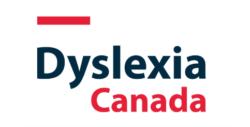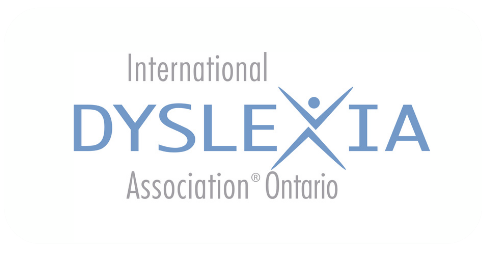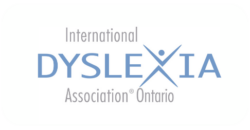In this series of videos, Dr. Andrea Fraser highlights key considerations for school boards and districts as they move to evidence-based assessment and data-based decision-making.
As we wrap up our first year with ONlit, we want to extend our heartfelt thanks to the incredible community of Ontario educators who have made this journey so enriching and impactful. Throughout the year, we’ve seen an amazing network of educators come together, sharing […]
How Learning Happens is broken down into 28 short chapters, each one focusing on an important element of educational research. The format of each chapter with consistent sections (Why you should read this article, Abstract of the article, The article, Conclusions/implications of the work for […]
In these webinar recordings, Jordan Sloan, Melissa Monette Smith, Siobhain Doyle, and Laura Bross explore assessment, evaluation, and reporting in the context of the revised Language curriculum and the new one-mark report card structure for Ontario students.
A needs assessment supports schools to systematically examine system strengths and weaknesses. This allows leaders to understand key needs and prioritize actionable steps to improve outcomes for all students.
With each week’s episode of Reading Road Trip, host Kate Winn recommends a picture book created by an Indigenous author or illustrator. Catch up with the books recommended from Season 1, and consider adding some to your library today!
This Google Sheets document is designed to support K-2 educators in analyzing their Acadience reading data. It features a dedicated sheet for each grade level at each time window, allowing educators to input raw scores. The document automatically compares raw scores to benchmark scores, colour […]
Hear the story of dedicated educators working together to put in place a full MTSS framework (Tiers 1-3) to support ALL students. This webinar focuses on a partnership between Mount St. Joseph University and a local school; the main investigator and school administration share their […]
This video brought to you by Stephanie Stollar will clear up any confusion about universal screening and diagnostic assessment. Not only will you understand the differences, but you will also learn how the two work together to help guide instructional decisions in reading.
This paper delves into informing how teachers can use scientifically based research to make curricular instructional decisions The article showcases how as professionals, teachers can become more effective and powerful by developing their skills to recognize scientifically based practice. Even in scenarios when the evidence […]
This book is “a comprehensive guide to what effective coaching looks like across the pre-K to 12 grade span and how to conduct powerful coaching cycles with teachers and teams”. It is research-driven, full of citations to support the coaching model (using alliance strategies, observing, […]
With each week’s episode of Reading Road Trip, host Kate Winn recommends a picture book created by an Indigenous author or illustrator. Catch up with the books recommended from Season 2, and consider adding some to your library today!




